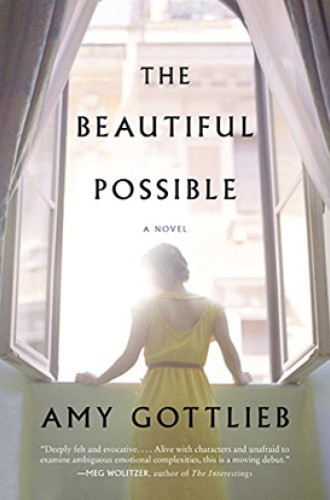A novel at the edge of faith
It’s rare to encounter a female protagonist in theological fiction.
This is a novel about faith and proximity. How far or how close do we stand to the religious traditions that shape us? Rosalie, a new rabbi’s wife, decides early in the novel that she will never attend another Kol Nidre service. Instead she will greet the New Year from the porch of her house, “close enough to hear the words, yet distant enough to let the prayer resonate in her bones. If every Jew is standing to face a Torah scroll on the first hour of the Yom Kippur fast, Rosalie will face a yard, a tree, a night sky.”
Rosalie’s orientation to faith, marriage, and synagogue is at the center of this rare thing: a fundamentally theological novel. Even more rare is a theological novel with a female protagonist.
The novel begins in the late 1940s, before Rosalie’s marriage to a young rabbinic student, Sol. In seminary Sol is assigned as a chavrusa (study partner) to a German-Jewish refugee named Walter. Walter had fled to India after his family was killed during Kristallnacht. He’d spent several years in the ashram of Tagore, the Indian poet, philosopher, and spiritual leader, before arriving at the seminary to study Hebrew. Both Rosalie and Sol fall in love with him, but only Rosalie becomes his lover. Caught between the skeptical Walter and the rule-following Sol, Rosalie ultimately chooses Sol’s version of faith and settles down. But Walter remains a potent enigma for both of them.






